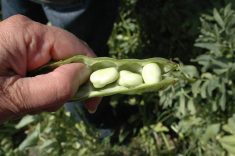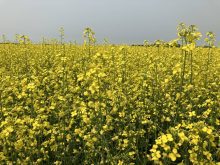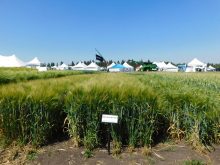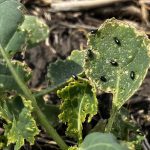staff |indianapolis
Success for Dow AgroSciences depends on innovation, says Jim Wispinski, president and CEO of Dow AgroSciences Canada, headquartered in Calgary.
According to Wispinski, who is also chair of CropLife Canada, Bill C-474, if passed, will discourage research. The bill proposes that a mandatory “analysis of potential harm to export markets be conducted before the sale of any new genetically engineered seed is permitted.”
“It just puts another risk equation into an already risky business in our R&D pipeline,” Wispinski said. “Science-based regulation is fundamental to innovation.”
Read Also
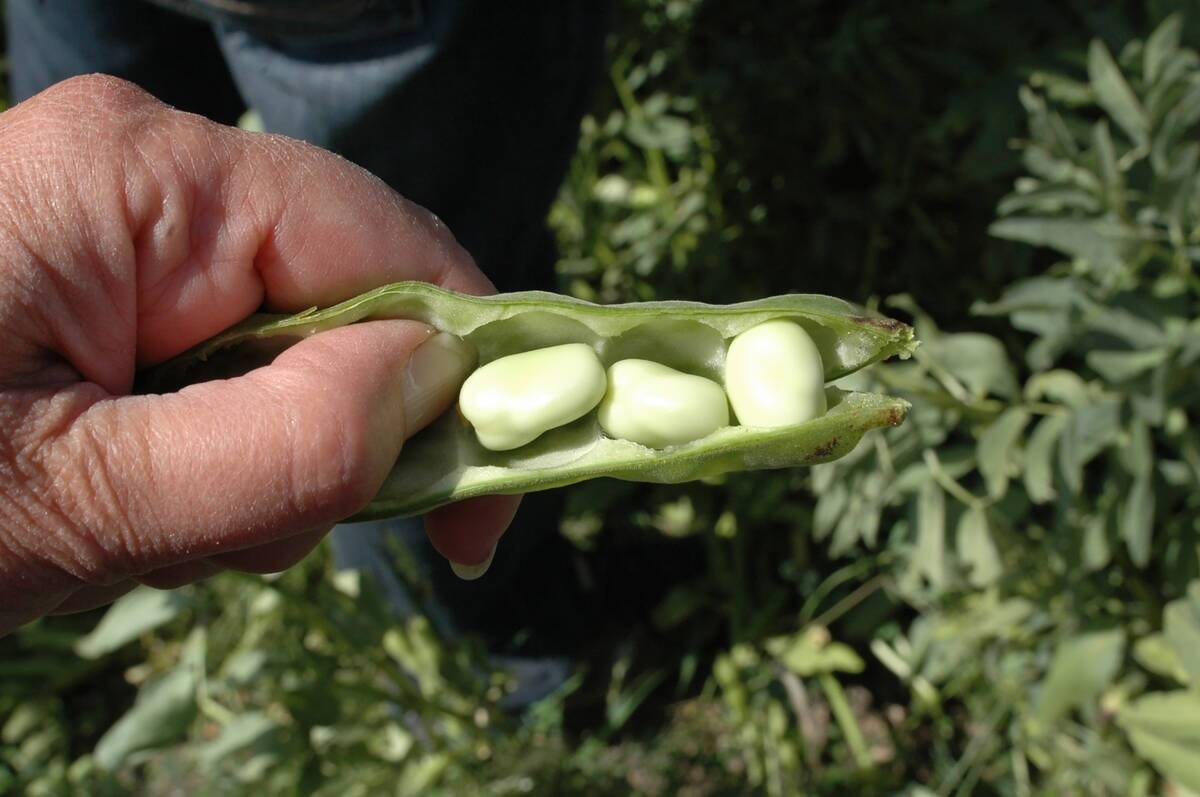
New crop insurer policy enables easier startup for faba beans
Agriculture Financial Services Corporation updated its normals for faba beans, which may open the door for more Canadian producers to feel comfortable growing the pulse crop in the future.
Corn and canola yields are up in Canada, while wheat yields lag. Wispinski says it’s because wheat hasn’t been genetically modified and because not enough money is being invested in wheat research. Before private companies invest, they have to be confident of a return on that investment, he said.
“But clearly bin-run seed makes the investment journey a lot longer and more difficult to pay for,” he said, referring to that that most wheat farmer save and grow their own wheat seed.
Canola and corn seed are purchased annually because almost all the popular cultivars are hybrid, which discourages growing saved-seed because it doesn’t perform well. Canadian wheat needs to be a competitive crop domestically as well as globally, he said.
“It’s a core crop for us. We really need wheat to be competitive.”


